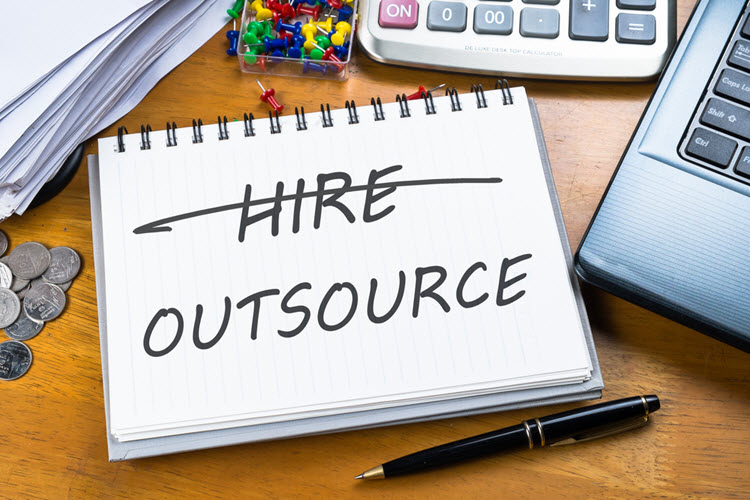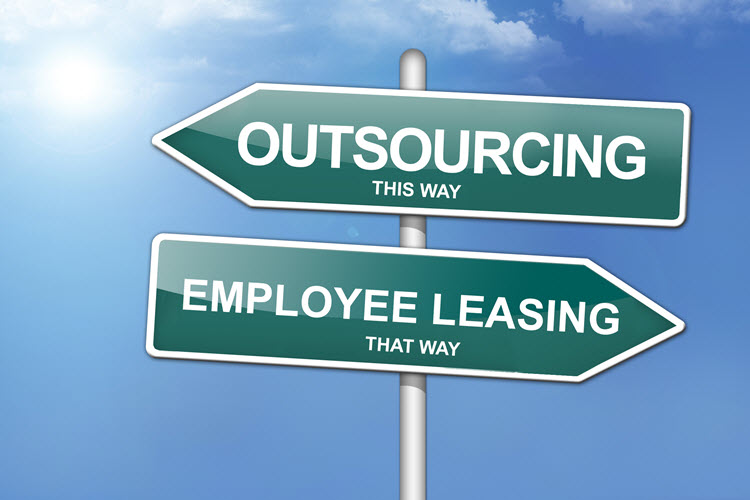I was talking to a Philippines BPO provider the other day who has been operating in this space for more than three years. They offer full time employees to Australian accountants on a per seat fee basis and he had some interesting comments about the resources.
In the financial planning area they were making good money. They were doing okay in the Superfunds, and they struggled to get the other Compliance work right. We started talking about how Superfunds are completed using this model, and he said that the best trained staff were able to get a Superfund out the door at $460 on average.
I was pretty amazed at the cost to the Australian accountant, especially when Odyssey can push a standard Superfund out the door at sub $350. And we do several thousand of them annually. So why are per seat models not working? It seems to be a problem made up of several factors, all of which contribute to lower productivity of staff.
In the Philippines, arguably late into the Australian compliance area, the model is sold as a full time resource. But there is a disconnect between the salary of the employee and the results obtained. In other companies such as Odyssey, there are multiple layers of bonuses and rewards all linked to employee performance. Each employee is on a level playing field. In a per seat model, the employee is only bench-marked if the firm hires additional full time resources.
One of the biggest disadvantages of the per seat basis is the requirement to hire an employee and then train them. Most Australian accounting firms have a good mix of work and so they need the flexibility of already trained staff at an ad hoc, set-fee basis. But when the work comes in, the per seat Philippine BPO’s can only push what they believe to be their market advantages: English skills, low cost, time zone equivalence, and work ethic.
It would have to be acknowledged that Australians seek more of a work life balance, and there are problems with the younger generations buying into traditional accounting models. So yes, we agree, there are hungrier people employed by BPO’s that are keen to move up the economic ladder, they are prepared to work harder and longer than many Australians. So it’s probably no surprise that you’ll often hear that the offshore labour force just works that much harder.
The longer term solution for accountants is to find the right BPO for them that offers already trained staff that will meet their needs. Outsourcing specific tasks at an ad-hoc basis with a set fee is much more efficient than training a full-time virtual employee that is being tasked to all aspects of your business. This requires ongoing training, dependence on one employee and a commitment to a long-term rapport (you have already spent this much time and money!). So which model is right for your firm?









